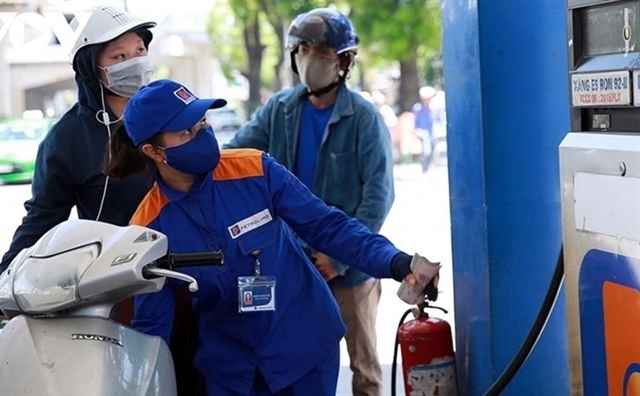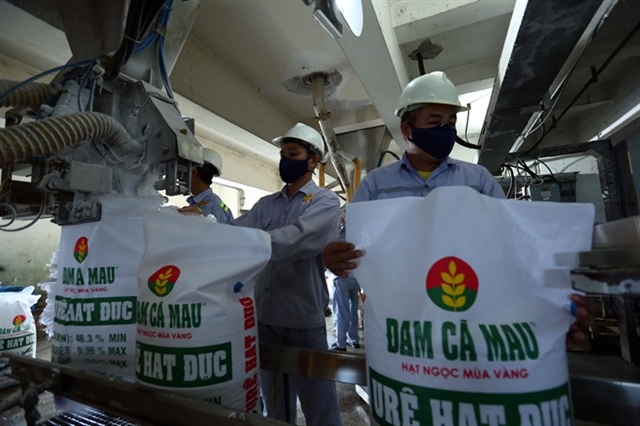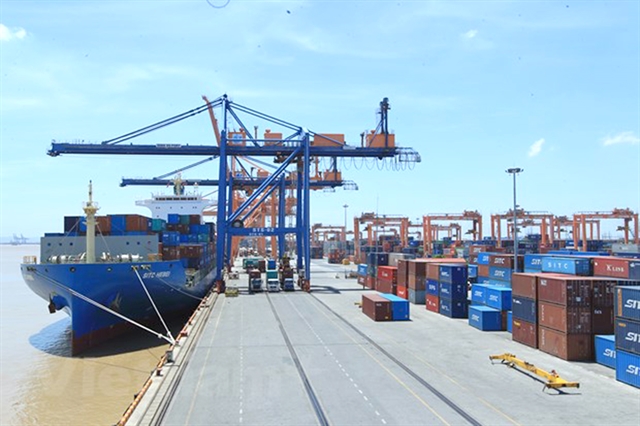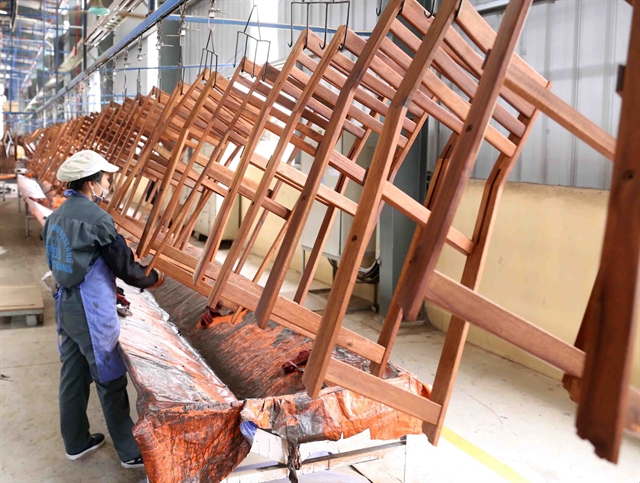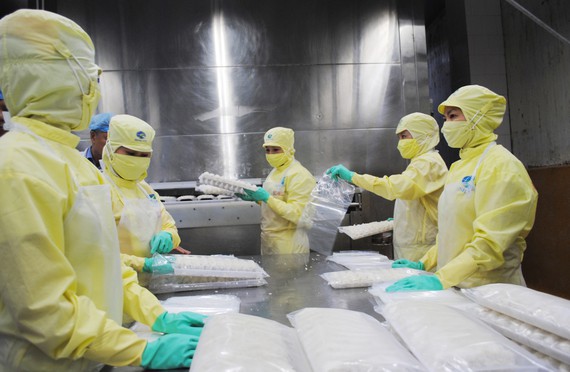

|
| Nguyễn Quốc Hùng, general secretary of the Việt Nam Banking Association |
Outbreaks of COVID-19, especially in the first half of 2021, are negatively affecting the repayment of debt. This increases the pressure of bad debt on the banking system.
Nguyễn Quốc Hùng, general secretary of the Việt Nam Banking Association, spoke to Vietnam News Agency about this issue.
What do you think about the banks' process of restructuring bad debt?
The implementation of Resolution No. 42/2017/QH14 on the settlement of bad debts of credit institutions has recorded many positive results. Specifically, the resolution has created a legal corridor for credit institutions to recover debts.
Agencies have also actively supported banks in debt recovery and handling of collateral. Moreover, customers' awareness of debt repayment is much higher than before.
The credit institutions have been restructuring bad debts to reduce the bad debt ratio to a safe level.
At the same time, the professional level in analysis, appraisal and evaluation of new loans of bank employees has also been improved, thus restricting bad debts.
However, the development of the COVID-19 pandemic is significantly affecting production and business activities and the whole economy.
The State Bank of Việt Nam has issued Circular 03/2021/TT-NHNN on amending and supplementing a number of articles of Circular No. 01/2020/TT-NHNN on credit institutions and foreign bank branches carrying out debt rescheduling and giving exemption from or reduction of loan interest and charges to help their clients affected by the COVID-19 pandemic.
Debt recovery at present is very difficult for credit institutions due to regulations on the prevention of the COVID-19 pandemic, so it relies mainly on the customer's sense of debt repayment.
An important job for the banks is to urge their customers to concentrate on the payment of old debts. Then, they propose plans on paying new debts to stabilise business in the post-pandemic period.
At this moment, I think that banks have built their own scenarios. Besides reducing interest rates to support people, the banks have also actively improved their financial capacity to ensure good operations in the future.
Many banks have gained large profits in the context of businesses and the economy facing difficulties. What do you think about this?
Bank profits need to be viewed comprehensively and objectively. This profit is the result of a long restructuring process in the past five years. The banks have spent all resources to raise their charter capital and capital adequacy ratio (CAR). There are banks that have not paid dividends for many years to reserve capital for risk.
On the other hand, the banks are implementing debt restructuring according to the State Bank's regulations, so they do not have to make provision for risks. Therefore, profits tend to increase.
Another factor is that the application of digital banking has created favourable conditions for customers and also brought benefits to the banks. Because when the customers do not use cash, the amount of money in their accounts will increase. This is the demand deposit with a very low-interest rate so there is a big gap between the interest of the demand deposit and lending interest rates.
What is the credit growth outlook in the last six months of the banking system? What solution is there to achieve the growth target but still ensure credit quality?
The State Bank has recently adjusted credit targets. This is a very appropriate step at present. The pandemic is very complicated, but I hope that with strong solutions from the Government, it will soon be controlled.
Then business will return to stability and continue production. The businesses whose production was interrupted due to the pandemic will resume operation with higher working intensity and greater capital needs. Therefore, the banks also need to create favourable conditions to give financial supports to those businesses.
In addition, enterprises producing essential goods for domestic use and export also need capital. The banks need to evaluate the efficiency of the enterprises' business plans to provide capital in a timely manner. This is an opportunity for production recovery.
Meanwhile, the State Bank of Việt Nam recently approved credit room extensions for several banks, signalling that priority would be given to credit institutions that reduced lending rates to support businesses and people to overcome the impact of the pandemic by year-end. — VNS


